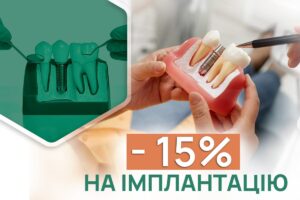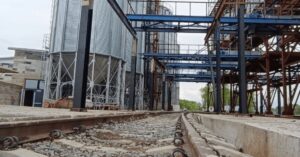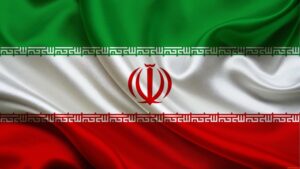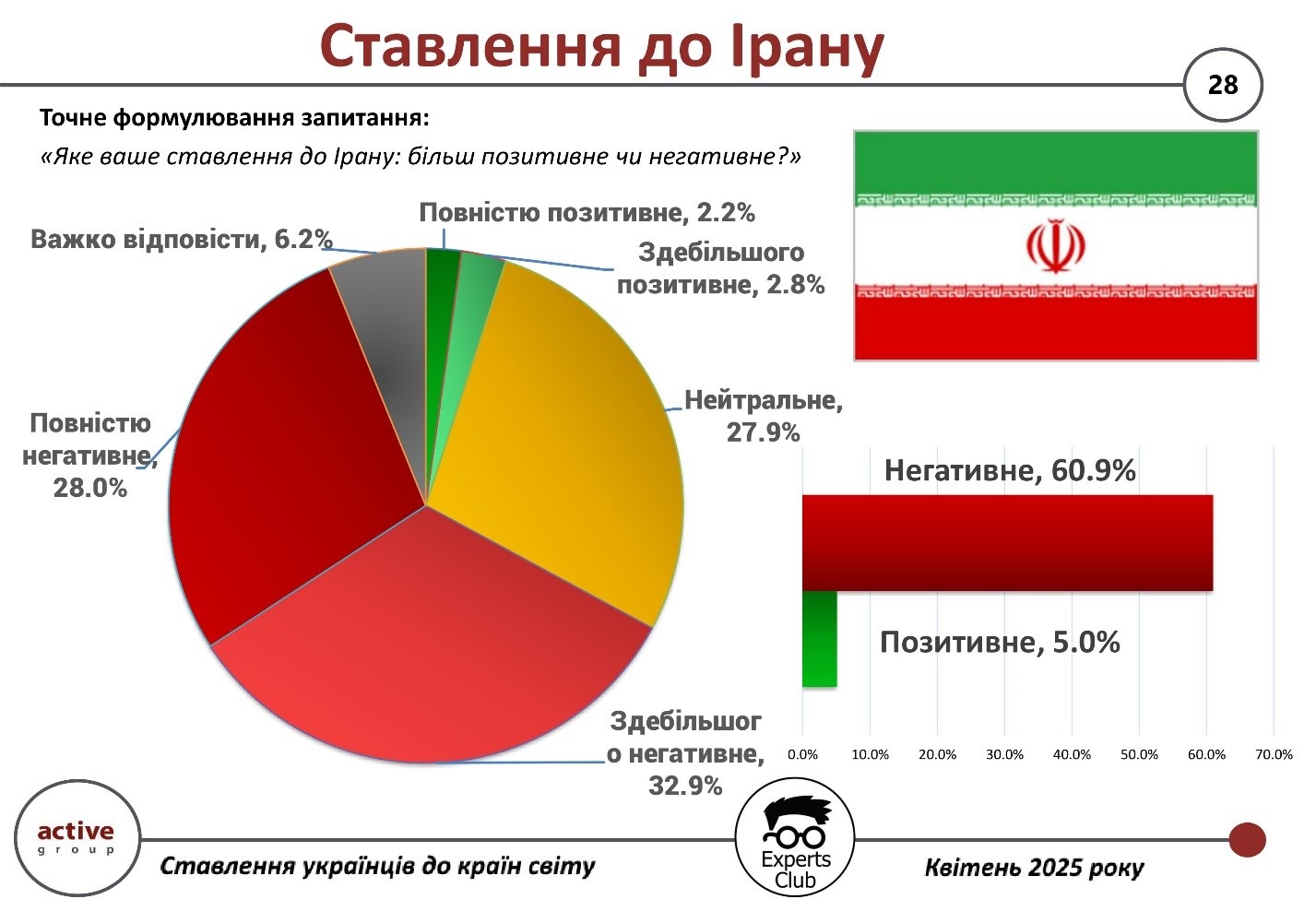
Bitcoin (BTC) surpassed the $100,000 mark for the first time since February 2025, reaching an intraday high of $105,747. This was made possible by the reduction of trade tariffs between the US and China, as well as expectations of interest rate cuts in the US.
Ethereum (ETH) also showed growth, reaching $2,620, which is 40% higher than the previous week.
Institutional investment has increased significantly: over the past three weeks, $5.3 billion has flowed into Bitcoin ETFs, indicating growing confidence in cryptocurrencies among large investors.
Key trends
Bitcoin’s position as “digital gold” is strengthening: its market share reached 64%, the highest since 2021.
Growing institutional interest: Strategy acquired 13,390 bitcoins worth $1.34 billion, increasing its total assets to 568,840 BTC.
Analyst forecasts: According to Standard Chartered, bitcoin could reach $120,000 in the second quarter of 2025.
Potential risks
Low trading volumes may indicate caution among major players and possible volatility in the short term.
Regulatory uncertainties and possible policy changes could affect market dynamics.
Short-term forecast
Bitcoin is expected to continue fluctuating in the $100,000–$107,000 range, with a possible rise to $120,000 if current trends continue. However, investors should be prepared for short-term volatility and closely monitor macroeconomic and regulatory developments.

Losing a tooth is not a death sentence!
Thanks to modern implantation, regaining comfort and health is easier than ever. And now is the perfect time to do so, as ADONIS Dentistry is offering special terms: 15% discount on implantation!
South Korean implants Osstem, Dentium and ISX Premium are distinguished by their quality, which significantly exceeds their cost:
ADONIS – quality medicine for adults and children.

The multimodal terminal of the Fiska-Nov company will be launched in the territory of the Hlybotska community (Chernivtsi region), near the border with Romania, the community’s press service reported.
“The launch of this terminal will be an important step in the development of transport infrastructure, increase the transit potential of the region, and contribute to economic growth at both the local and national levels. In addition, its location near the border with Romania gives it strategic importance for transportation between Ukraine and the European Union,” the community said.
The facility’s infrastructure includes six railway tracks and special equipment that allows for transshipment between Ukrainian 1,520 mm gauge and European 1,435 mm gauge railcars. The terminal will also accept cargo by road. The purchased and installed load cells are designed to ensure accurate weight control of cargo during loading and unloading.
The Fiska-Nov company plans to create about 100 new jobs.
Oleg Nivievsky, Chairman of the Center for Food and Land Use Research at the Kyiv School of Economics, praised the community’s initiative on Telegram, which took advantage of the feasibility study developed by KSE in 2023 for the construction of a dry port on the border with Poland.
“The result was quite unexpected but pleasant — such projects are economically viable even without state support. Why is this important? Because improving and increasing the capacity of communications with the EU is a kind of insurance against a ‘crazy’ neighbor. In other words, it is something that can be supported with taxpayers’ money, but here the result is that everything looks good without support,” the scientist summed up.

Iran has become the country with the highest level of negative attitudes among Ukrainians, according to a sociological survey conducted by Active Group and the Experts Club analytical center in April 2025.
According to the results, 60.9% of respondents rated Iran negatively (32.9% — mostly negative, 28.0% — completely negative). At the same time, only 5.0% of respondents expressed a positive attitude (2.8% — mostly positive, 2.2% — completely positive). Another 27.9% indicated a neutral attitude, and 6.2% abstained from answering.

“The high level of negativity towards Iran is explained by its foreign policy and alliance with Russia. These results reflect the geopolitical reality,” said Oleksandr Pozniy, co-founder of Active Group.
The presentation of the study is available at the link.
ACTIVE GROUP, DIPLOMACY, EXPERTS CLUB, Pozniy, SOCIOLOGY, URAKIN

Reaching an agreement on a long-term ceasefire could accelerate Ukraine’s real GDP growth in 2025 to 3.5-5.5% year-on-year from 2.9% in 2024, thanks to improved economic sentiment and the start of large-scale reconstruction, which will offset the reduction in defense spending, while if the war continues, growth will slow to 2.5%, according to an updated forecast published by investment company Dragon Capital.
“Although weak economic activity in the first quarter of 2025 will be partially offset by better prospects for the energy sector, we have lowered our real GDP growth forecast for 2025 by 0.5 percentage points (percentage points) to 2.5% in the “continuing war” scenario,” the company said in a statement on Tuesday.
According to the statement, the forecast was also lowered by 0.5 percentage points in the event of a prolonged ceasefire.
According to Dragon Capital’s forecast, annual inflation will begin to decline in June-July amid continued easing of fundamental pressures and a high base of comparison in the food segment in the second half of last year.
“We forecast consumer inflation to slow to 8.1% y/y by the end of 2025 in the ‘ongoing war’ scenario and to 9-10% y/y in the ‘ceasefire’ scenario,” the release says.
Regarding the hryvnia exchange rate, Dragon Capital notes that in the first quarter of 2025, the NBU allowed the hryvnia to strengthen against the US dollar by 1.4% to 41.5 UAH/USD after a long period of controlled devaluation. The company believes that this strengthening of the hryvnia was the NBU’s response to high inflation, significant external financing, the global weakening of the dollar, and a seasonal decline in demand for foreign currency.
“We expect the NBU to return to a controlled and gradual weakening of the hryvnia in the second half of the year, when inflation rates begin to decline. However, given the significant amount of financial assistance, we have raised our forecast for NBU reserves to $59 billion (from $41 billion) and lowered our year-end exchange rate forecast to 44 UAH/USD (-4.4% y/y; previous forecast — 45 UAH/USD),” the release said.
Dragon Capital experts added that achieving a sustainable ceasefire will contribute to a slower devaluation of the hryvnia in the second half of the year, as fundamental pressure on prices will be higher and the balance of payments situation will improve due to a slowdown in private capital outflows and continued external financial assistance.
“Going forward, the exchange rate will depend on the volume of external financing and private capital flows, while the foreign trade deficit will remain significant due to structural changes in the economy,” the release said.
As reported earlier on Tuesday, the European Bank for Reconstruction and Development revised its forecast for Ukraine’s real GDP growth in 2025 to 3.3% from 3.5% expected in February and kept its forecast for 2026 at 5.0%, provided that Russia’s war against Ukraine ends.
At the end of February, the International Monetary Fund also revised its forecast for Ukraine’s economic growth in 2025, lowering it by 0.5 percentage points compared to its previous forecast to 2-3%, and the World Bank from 6.5% to 2%.
In April, the NBU worsened its forecast for Ukraine’s economic growth in the current year to 3.1% from 3.6% in its previous macroeconomic forecast in January, and in the next forecast, from 4.0% to 3.7%.

The National Bank of Ukraine (NBU) has added Insurance Broker Atrius LLC to the Register of Insurance Intermediaries in accordance with the electronic application submitted by the company. According to the central bank’s website, the NBU has removed the company from the State Register of Insurance and Reinsurance Brokers and revoked its certificate of entry in the register.
The relevant decisions were adopted by the NBU’s Committee for Supervision and Regulation of Non-Bank Financial Services Markets on May 9, 2025. Atrius LLC was registered in May 2018 in Kyiv. Its authorized capital is UAH 1,077 thousand.